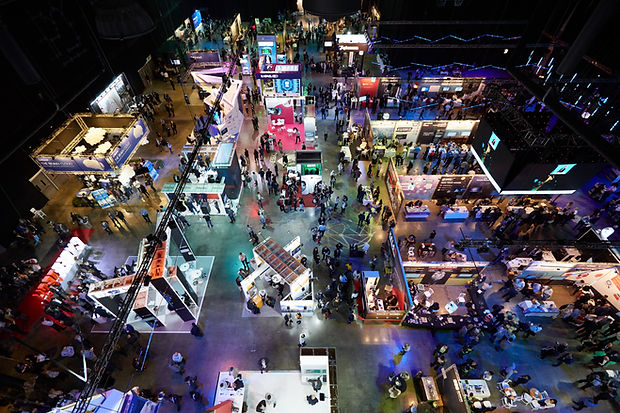Tips for doing business in Japan
The Japanese and Israeli cultures are quite different, it is important to learn some Japanese customs and to understand about the Japanese culture, before approaching the Japanese market.
Keep in mind that business is done between people. Building respect and trust is the key to all partnerships, especially in Japan.
.jpg)
Business with Japanese Companies
Japan is a huge, expanding and a very interesting market, it is a unique and special country in all aspects. Being one of largest economies in the world, it has proved to be a remarkable business opportunity for foreign countries for business. However, it is important to understand the culture and customs in order to succeed.
Japanese people are detail oriented, very precise and long runners. Even Though decision making is usually a long process for Japanese companies, once a decision is made, it is definite . If the decision is positive the Japanese party will mostly be reliable and consider the connection for a long term. If the decision is negative, it will be nearly impossible to change it.

Cultural Behavior
Japanese people are very polite. They address each other with their last names and add ‘San’ to the name. In a more respectful way and for high level people, like professors and ministers it is customary to add ‘Sama’ (instead of san). Japanese people usually bow to each other, rather than shake hands. The higher the seniority, the deeper the bow of the other side. Still shaking hands with foreigners is acceptable.
Japanese tend to use silence during conversation in order to think and comprehend the discussion. This silence is an inherent part of the conversation and should not cause any discomfort to the parties.

Introducing New Technologies
Japanese companies, in general, are patriotic to the Japanese products and are quite conservative regarding the acceptance of new technologies coming from firiegn countries. If the technology introduced is similar to a Japanese technology or technology they already use, it will be difficult to convince them to change to a new one.
Japanese people would request to deeply understand the technology. Usually they will ask many questions that would indicate their interest.
Japanese companies prefer to look at more mature technologies that have been tested and used in other countries, preferably in the US.

Meetings
Dressing: It is important to dress conservatively. Men should wear a dark suit, light color shirt and a tie, in modest design. Women should also dress conservatively, with suit or blazer. It is also customary to wear dark color dresses. Women are expected to wear their hair either short or tied back and wear inconspicuous jewelry.
Name cards/business cards: name cards are exchanged at the beginning of every meeting. The card is handed with two hands, holding the card facing with the name towards the receiver. When handling the name card, it is customary to point and say your name and position.
Sitting order: Guests are seated facing the door. The senior person usually sits in the middle and people from the same position sit in front of each other.
Schedule: Appointments should be made several weeks in advance.Punctuality is very important. Arrive a few minutes before your meeting and expect your Japanese colleagues to do the same.
Speaking language: Japanese people prefer to speak Japanese, it is important to bring a translator to the meetings.
Presentations: PPT presentation should provide as much information as possible, rather than present pictures and depend on verbal explanation. In general, Japanese feel more comfortable with written material than verbal one, as they can understand the essence of the idea more easily. The presentation should also be printed in hard copy and handed to the participants of the meeting.
